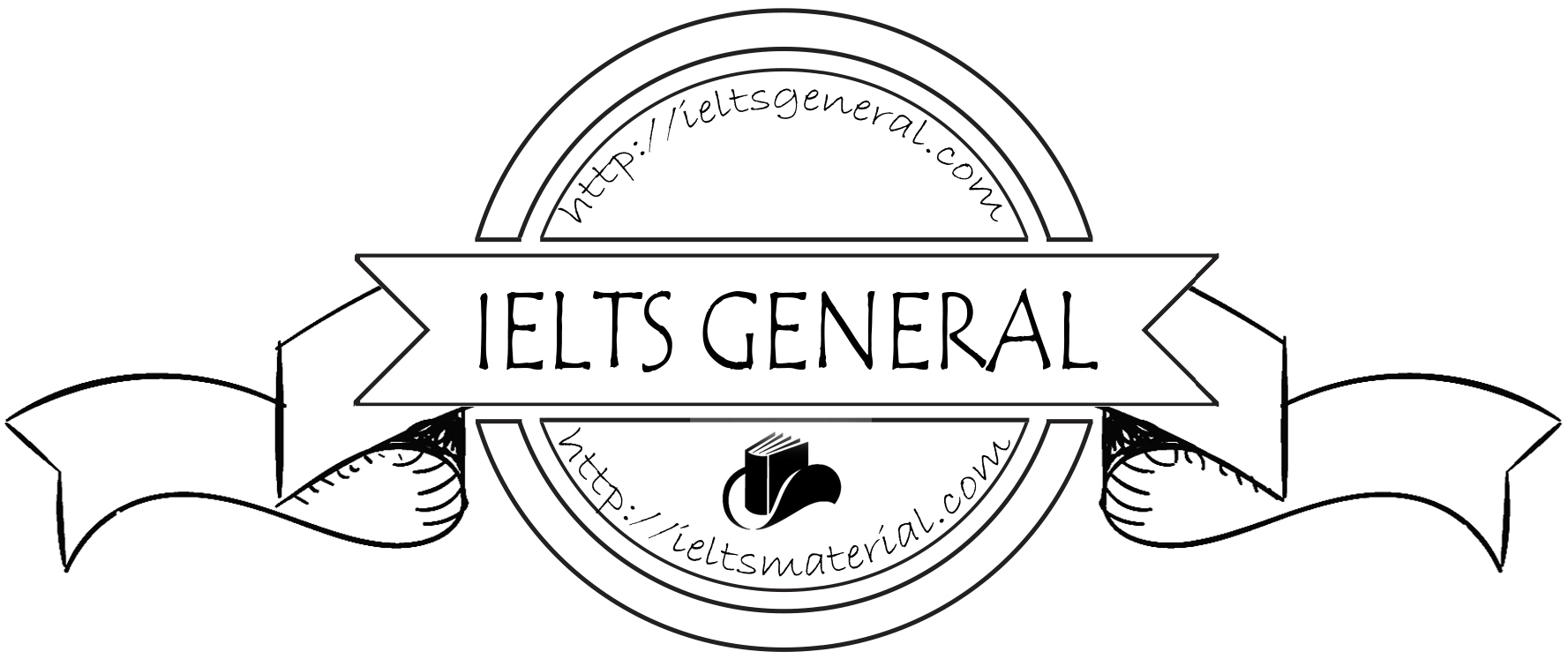Miscellaneous examples
332. Wrong repetition of subject
Don’t say: My little brother he is at school.
✓ Say: My little brother is at school.
Never repeat the subject by using a pronoun after the noun –> My little brother and he denote the same person. Therefore, use one or the other as subject, but not both.
333. Wrong repetition of subject in a compound sentence
Don’t say: I went to the market and I bought fruit.
✓ Say: I went to the market and bought fruit.
In a compound sentence, express the same subject once only and don’t repeat it before each verb, unless the sentence is long and complicated.
334. Wrong repetition of subject after an adjectival clause
Don’t say: David, who is a careless pupil, he lost his book.
✓ Say: David, who is a careless pupil, lost his book.
335. Wrong repetition of subject after a non-finite verb phrase
Don’t say: Karen and Tom, having signed the register, they left the church.
✓ Say: Karen and Tom, having signed the register, left the church.
336. Wrong use of personal pronoun in a relative clause
Don’t say: The book which I lost it was new.
✓ Say:The book which I lost was new.
Don’t use a personal pronoun as well as a relative in the relative clause. If they both refer to the same noun in the first sentence both which and it refers to book.
337. Wrong repetition of object
Don’t say: The doctor I know him very well.
✓ Say: I know the doctor very well.
In the sentence given, the words doctor and him denote one and the same object. Therefore, use either doctor or him, but not both in the same sentence.
In general we don’t put the object before the verb so the word order in –> The doctor I know him very well is also wrong.
338. Wrong repetition of object with infinitive
Don’t say: I bought an English book to read it.
✓ Say: I bought an English book to read.
Don’t repeat an object with an infinitive of purpose if the verb takes an object
339. Wrong use of that in direct speech
Don’t say. She said that, ‘I’m sure to pass.’
✓ Say: She said “I’m sure to pass.”
We can’t use that in direct speech, i.e when we repeat the words that some other person has spoken without any change.
Note: in indirect speech we say “He said that he was sure to pass.”
340. Using a double comparative
Don’t say: He’s more stronger than John.
✓ Say: He’s stronger than John.
Double comparatives are incorrect –> more stronger ought to be only stronger. However, we can say much stronger.
341. Misuse of adjectives that can’t be compared
Don’t say: My work is more perfect than his.
✓ Say: My work is superior to his.
Or: My work is better than his.
Certain adjectives can’t be compared perfect, unique, preferable, supreme, right, correct etc.
342. Return back used instead of return
Don’t say: She has returned hack to school.
✓ Say: She has returned to school
Don’t use this word back with return, because return means to come back.
343. Begin from used instead of begin
Don’t say. Exams begin from Thursday.
✓ Say: Exams begin on Thursday.
A thing can begin only at a point of tune. The word can’t be used to apply to the whole time during which a thing is being done.
344. Consider as used instead of consider
Don’t say: Robert considers me as his best friend.
✓ Say: Robert considers me his best friend.
Don’t use as alter the word consider. We say “He regards me as hit best friend.” 0r “Robert considers me to be his best friend.”
345. For to used instead of to
Don’t say: I came here for to learn English.
✓ Say: I came here to learn English.
346. From where used instead of where
Don’t say: From where can I buy a good watch?
✓ Say: Where can I buy a good watch?
Where means at what place, while from where denotes the point of origin “From where do the tourists come?”
347. And etc. used instead of etc.
Don’t say: I, you, we, and etc. are pronouns.
✓ Say: I, you, we, etc., are pronouns.
Etc. is the short form of et cetera a Latin phrase meaning and other things. The combination and etc. is wrong because it would mean and and other things
Note: However, students are advised to avoid using etc. in an essay and to use phrases such as and other things, and so on instead
348. So … so that instead of so … that
Don’t say: I’m so tired so that I can’t go.
✓ Say: I’m so tired that I can’t go.
When so or such is completed by a clause of result, introduce the clause by that and not by so that
349. From noun and on used instead of from now on
Don’t say: From now and on I’ll study hard.
✓ Say: From now on I’ll study hard.
The phrase from now and on is incorrect. Say, from now on
350. Although/Though … yet used instead of although/though
Don’t say: Although it’s raining, yet he’ll go.
✓ Say: Although it’s raining, he’ll go.
Although (though) is the conjunction introducing the subordinate clause, and a second one (yet or still) isn’t required
351. Go to home used instead of go home
Don’t say: When school is over I go to home.
✓ Say: When school is over I go home.
The expression I go to home is wrong. Say “I go home.”
352. Using far with a phrase of definite distance
Don’t say: Mary lives two miles far from here.
✓ Say: Mary lives two miles from here.
When we use a phrase of definite distance (like two miles) in a sentence, don’t use the word far. We can say “Mary lives two miles away.”
